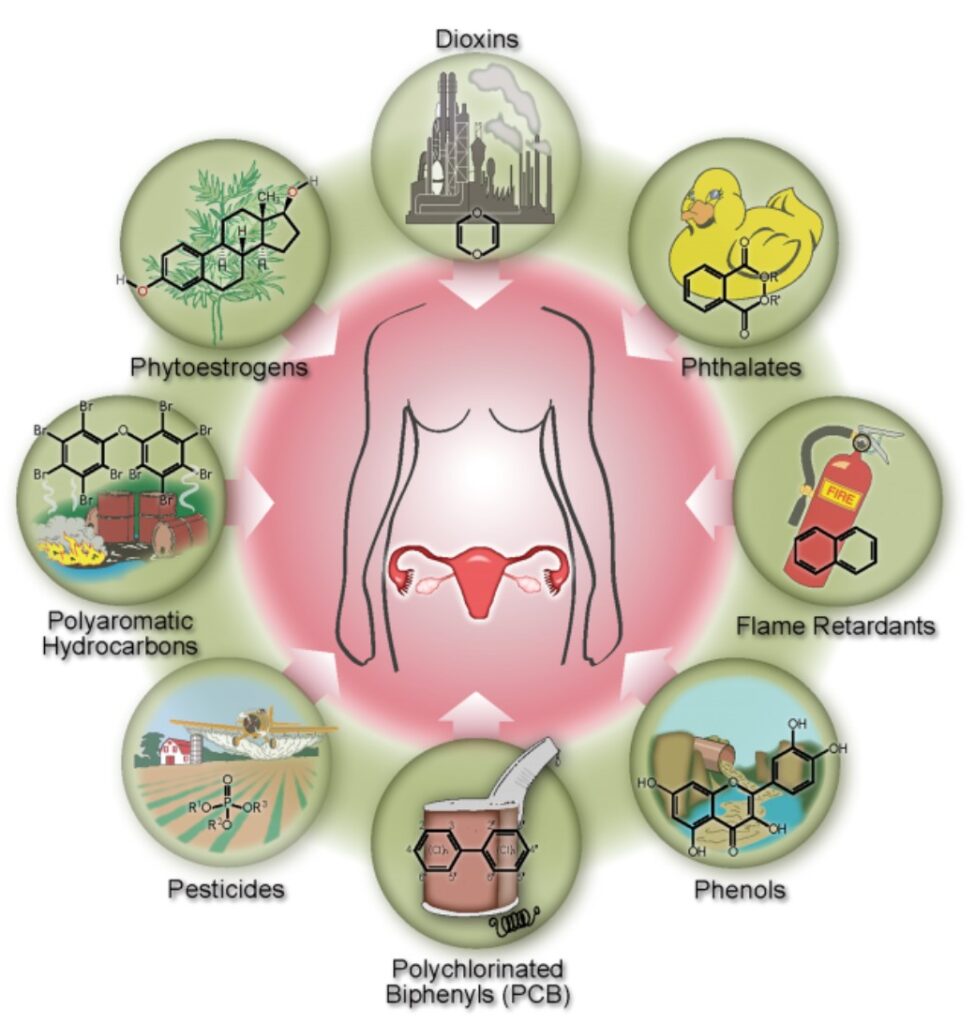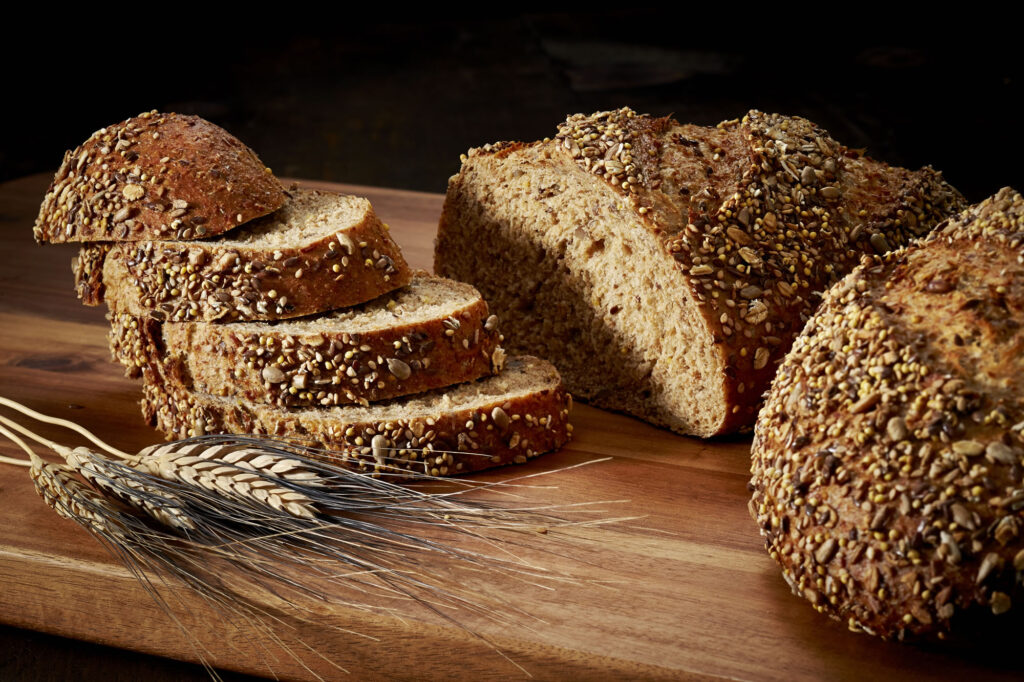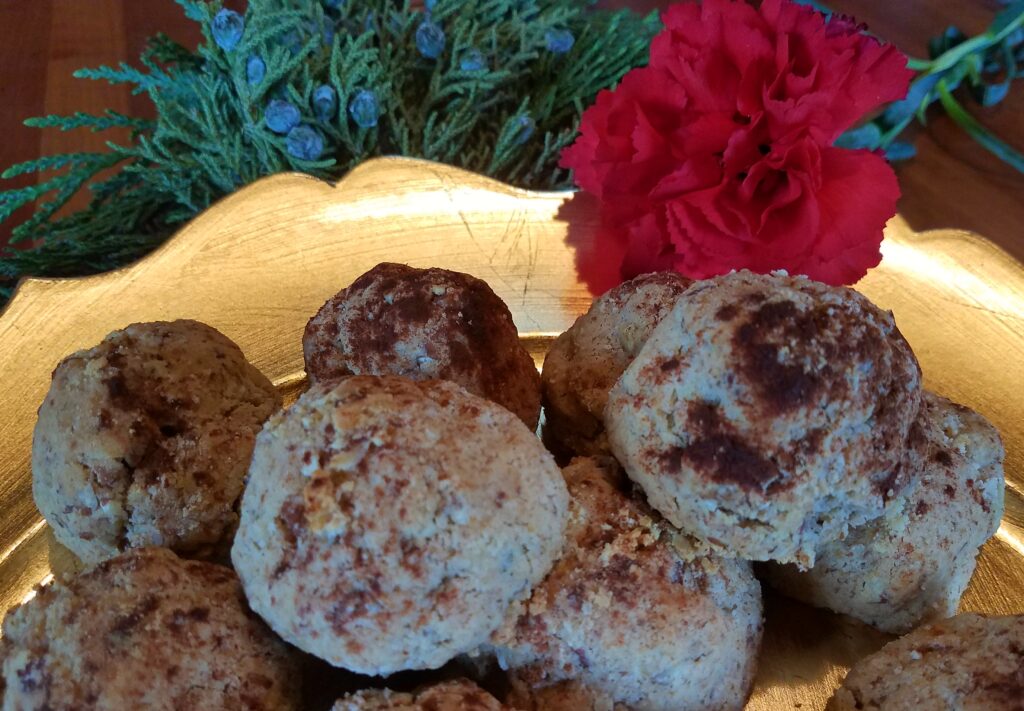Thoughts on Jazz and Healing

The Greek lyrical poet Archilochus said, “We don’t rise to the level of our expectations, we fall to the level of our training.” This quote suggests that the ability to succeed is not based on chance, nor can someone expect to succeed based solely on his or her innate abilities. Success instead is the result […]
Reflections on The Beatitudes from the Sermon on the Mount

At this holy time of year as we approach Passover and Easter, I reflect on the ways in which my faith informs my life. And I consider the ways in which I can strengthen my connection to the divine with these reflections. The central emphasis of Eastern Christian monastic spirituality is the belief that we […]
Can Stress And Low Level Exposure to Toxins Improve Health And Longevity?

Almost daily, we are warned of the dangers of exposure to toxins from pollutants in our air, water, food, home, and workplace. The reality of modern life is that no matter how careful we may be, we are inevitably exposed to a variety of toxins. For many people, knowing that toxins are linked to cancer, […]
A Humble Food That Nourishes Us On All Aspects Of Being

In my last post, I shared some of the many benefits of whole grains. From helping to protect against cancer and heart disease to improving digestion and metabolism, whole grains are essential to a healthy diet. Of all forms of grain, bread is the most commonly consumed in many countries. Whether it’s a loaf of […]
The Health Benefits of Whole Grain Bread

Whole Grain, Stone Ground, Organic Bread: It’s Good For You! If you’ve been reading my blog, you already know that I’m a big proponent of including grains in our daily diet. Not just any grains, though. Grains that are healthful for us are organic, whole grains, enjoyed either in their whole form or as freshly […]
Enhancing Cellular Defense Mechanisms with Adaptogens

Enhancing Cellular Defense Mechanisms with Adaptogens Aging is associated with a decrease in adaptive abilities along with increased vulnerability to stress. At the same time, aging is a complex process involving a persistent activation of some stress response systems, often involving transcriptional reprogramming, and the activation of vitagenes, which can be consider a ‘geroprotective’ adaptation.13 […]
Donnie’s Holiday Pecan Maple Oat Coconut Cookies

The tradition of baking and sharing holiday cookies is one that my family enjoys. Of course, I like to make our treats as healthy as possible. I have special memories of the delicious cookies that my mother made at Christmas, and I’ve updated her recipe, making it with healthy ingredients. It’s our favorite holiday cookie […]
Be The Light

In the midst of the busyness and celebration of the holidays, let us all as a collective pause to shine forth as a light with loving kindness and goodness. Be the Light The Winter Solstice marks the longest night of the year, and the gradual but noticeable shift toward the light. Bonfires, candles, and twinkling […]
The Pursuit of Truth in Medicine

Pursuit of Truth requires being and listening, rather than doing and assuming; and slowing down rather than speeding up. You must cultivate Truth. The great Eclectic School of Medicine of the early 1900’s had a Motto, which I stand by today. It read: “To Love the Truth, To Prove the Truth, To Apply the Truth, […]
